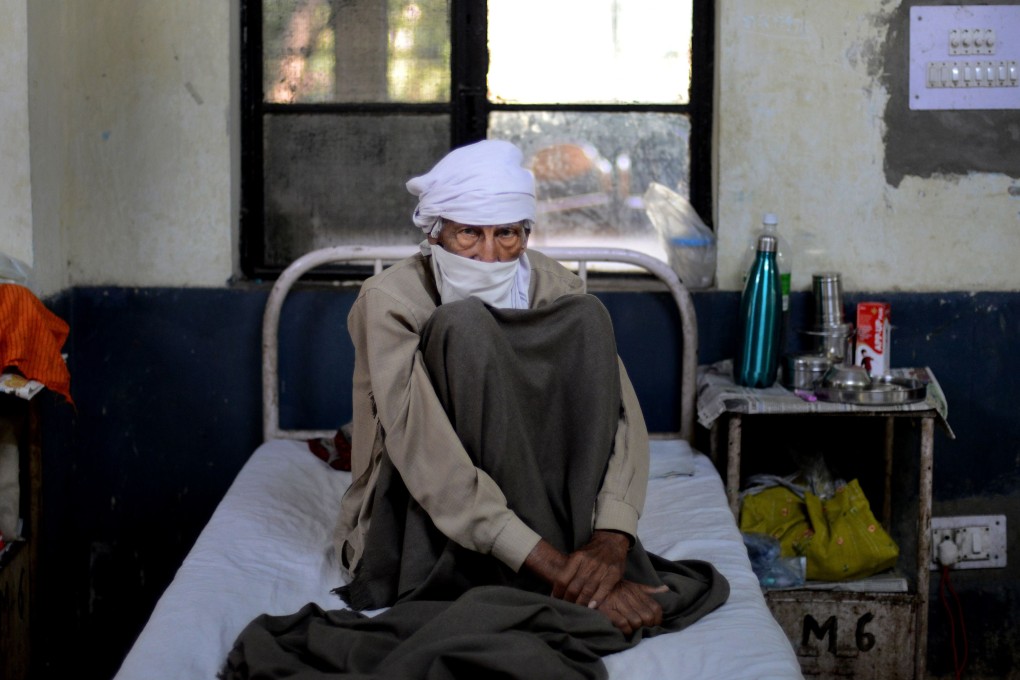To fight tuberculosis, multinational cooperation is the best medicine
Alfonso Zulueta says despite some progress, the fight against multidrug-resistant TB can't be won unless health authorities join hands

Despite major treatment innovations and improvements in the global health care infrastructure, nearly nine million people still fall ill with tuberculosis (TB) every year. China has made enormous progress in the fight against this disease, but, according to the World Health Organisation, the TB burden remains high. Cases of multidrug-resistant tuberculosis, which are more complex and expensive to treat, are challenging health authorities not only in China but also in India, Russia and South Africa. In fact, these four countries account for more than 60 per cent of all such cases worldwide.
This is a disease that does not respect borders. Driving down infections, increasing survival rates, and improving treatment and care for people living with TB, requires sustained international collaboration.
TB doesn't only destroy lives - it also drags down economies. Over the next decade, TB is expected to cost developing economies up to US$3 trillion in lost economic growth. South Africa has felt these adverse effects most acutely in its mining sector, which remains a central pillar of its economy.
Though the disease remains a great challenge, these countries have all made remarkable progress against TB:
- In China, over the past two decades, health officials have cut total TB cases by half and TB mortality rates by 80 per cent.
- In India, an estimated 211 out of every 100,000 people are living with TB - less than half the level registered in 1990.
- Back in 2005, Moscow started making substantial investments to bring down TB rates in its prison population, which had historically served as an incubator for the most vicious strains of the disease. Since then, TB-related mortality in Russia has dropped by nearly 50 per cent.
- South Africa has introduced the latest rapid diagnostics on a broad scale and has elevated multidrug-resistant TB at the policy level.
Strong international coordination among these countries will further advance progress and help control the emergence of drug resistance. That was the aim of a high-level meeting earlier this month in Beijing, among public officials and civil society groups from China, India, Russia and South Africa.